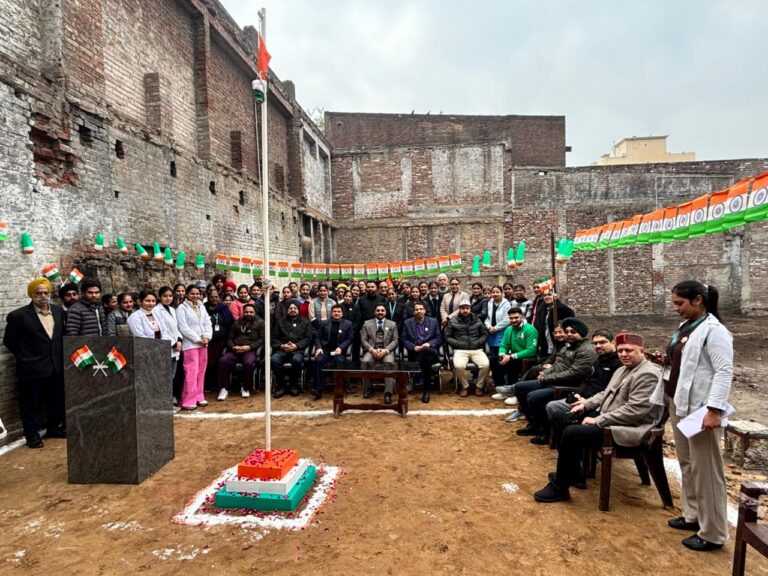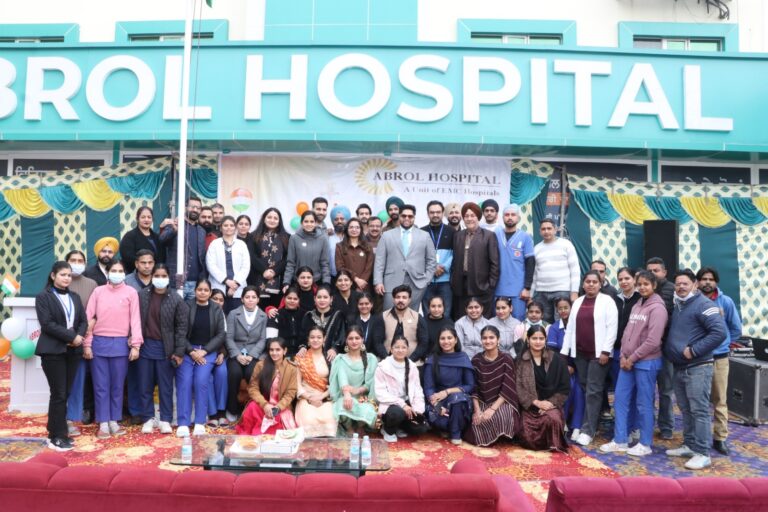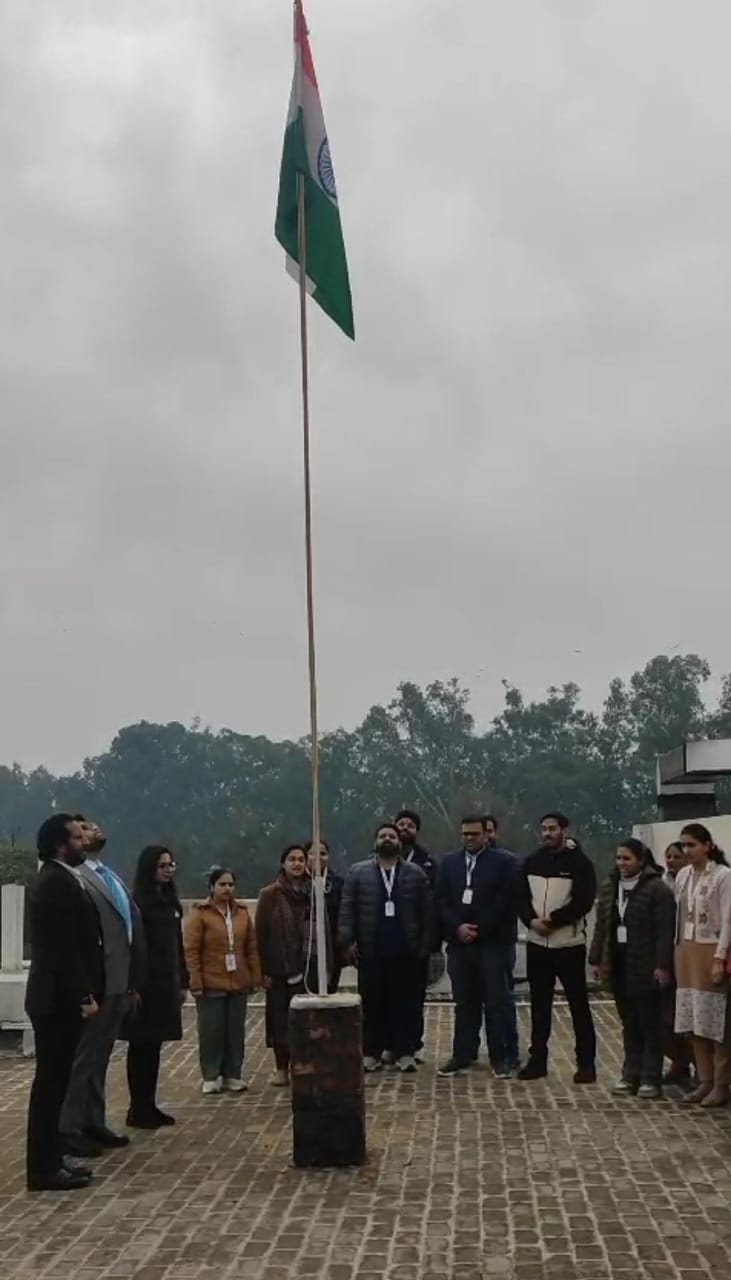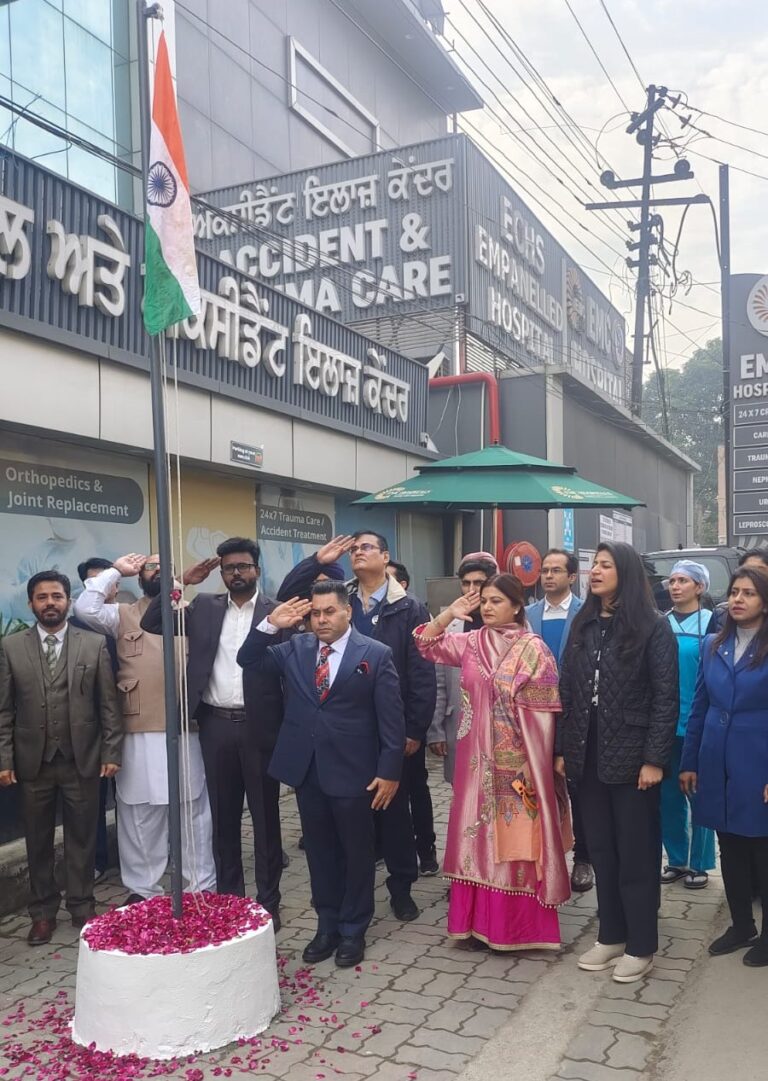Special Guidance from Abrol Hospital (A Unit of EMC Hospitals): Essential Tips to Prevent Infections and Stay Healthy During Monsoon

Amritsar – While the monsoon season offers much-needed relief from the summer heat, it also brings with it a surge in various infectious diseases. The high humidity during this time creates a favorable environment for the growth of bacteria, viruses, and fungi. Strengthening the immune system and maintaining personal hygiene becomes essential during this season. In light of this, Dr. Raja Owais, senior physician at Abrol Hospital (A Unit of EMC Hospitals), has shared several vital health tips to help people prevent infections during the monsoon.
According to Dr. Owais, waterborne and mosquito-borne diseases such as dengue, malaria, typhoid, diarrhea, viral fever, and skin infections are most common during the monsoon. Citizens should therefore exercise heightened caution. First and foremost, one should drink only clean and safe water—preferably boiled or purified using a reliable water purifier. It is advised to avoid roadside beverages and juices, which are often major sources of waterborne infections.
Dr. Owais emphasized the importance of drying off immediately after getting wet in the rain and changing out of wet clothes to prevent fungal infections. He recommends using mild antiseptic soap and clean towels for skincare. Hair should also be dried properly to avoid scalp infections and dandruff caused by prolonged moisture.
On dietary habits, he advised avoiding stale or oily food during the monsoon. Only consume fresh, home-cooked meals. Vegetables and fruits must be thoroughly washed before consumption. Leafy greens like spinach and fenugreek should be washed in hot water as they are more likely to carry dirt and insects.
Hand hygiene is especially critical during this season. With germs spreading more rapidly in the monsoon, washing hands with soap before eating and after using the restroom is essential. Using hand sanitizer when stepping out or returning home can also be beneficial.
Dr. Owais warned about the prevalence of mosquito-borne illnesses during the monsoon. To prevent diseases like dengue and malaria, people should use mosquito nets, wear full-sleeved clothing, and ensure that no water accumulates around their homes. Containers like coolers, plant pots, and tires should be regularly checked and drained, as stagnant water is a breeding ground for mosquitoes.
He added that symptoms such as fever, body aches, sore throat, vomiting, diarrhea, and skin rashes should not be ignored. Prompt medical consultation is crucial, as early diagnosis and treatment can prevent serious illnesses. Dr. Owais also recommended that elderly individuals, children, and those with pre-existing health conditions take extra precautions, as their immune systems are comparatively weaker.
In conclusion, Dr. Raja Owais delivered a key message:
“Health is your right, and caution is your first step. The monsoon can be a season of joy—provided you follow hygiene and safety practices.”
Abrol Hospital (A Unit of EMC Hospitals) remains committed to the well-being of the community and is always ready to serve patients in any emergency.





